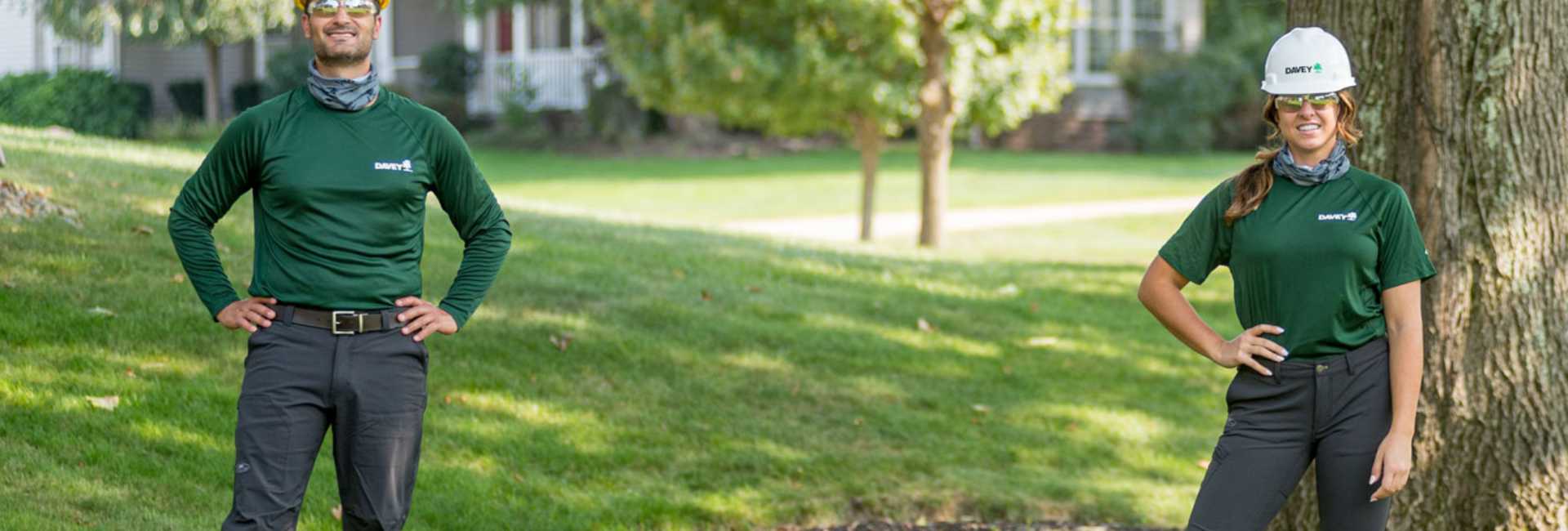In this statement from New York State's Department of Environmental Conservation, Davey Tree partners with the DEC and State University of New York College of Environmental Science and Forestry to create extreme heat maps for New York State.

Communities across New York State are susceptible to the urban heat island (UHI) effect, in which the built environment traps and stores heat. In partnership with State University of New York College of Environmental Science and Forestry (SUNY ESF) and Davey Tree, DEC is developing maps and tools to identify areas that are disproportionately exposed to extreme heat, including urban disadvantaged communities (DACs).
Preliminary maps show heat exposure intensity throughout New York State and depict the UHI as areas with higher temperatures than surrounding, less developed areas. Maps are available via Davey Tree at the link below (see “online map viewer”). The maps are available in an online viewer, as static downloads, and as GIS layers.
Please refer to the fact sheet (PDF) and the Davey Tree website for additional information. These maps are non-decisional and intended for use as generalized information about areas with disproportionate extreme heat exposure. The maps should be used in combination with other data and local communities’ knowledge about extreme heat exposures and risks. DEC is developing final heat exposure maps, expected in 2026, that will incorporate future-looking data and include duration and frequency of extreme heat events, in addition to intensity.
To continue reading this statement, click here.
The Davey Tree Expert Company provides research-driven tree services, grounds maintenance and environmental and utility infrastructure consulting for residential, utility, commercial and environmental partners in the U.S. and Canada. Established in 1880 and headquartered in Kent, Ohio, Davey has over 12,000 employees who create and deliver sustainable solutions. Davey continues to grow through expertise with the SEED Campus, its newest commitment to training, research and safety. Become part of the Davey legacy by applying today and join one of the top ten largest employee-owned companies in the U.S.





